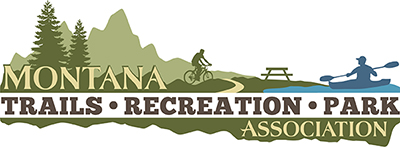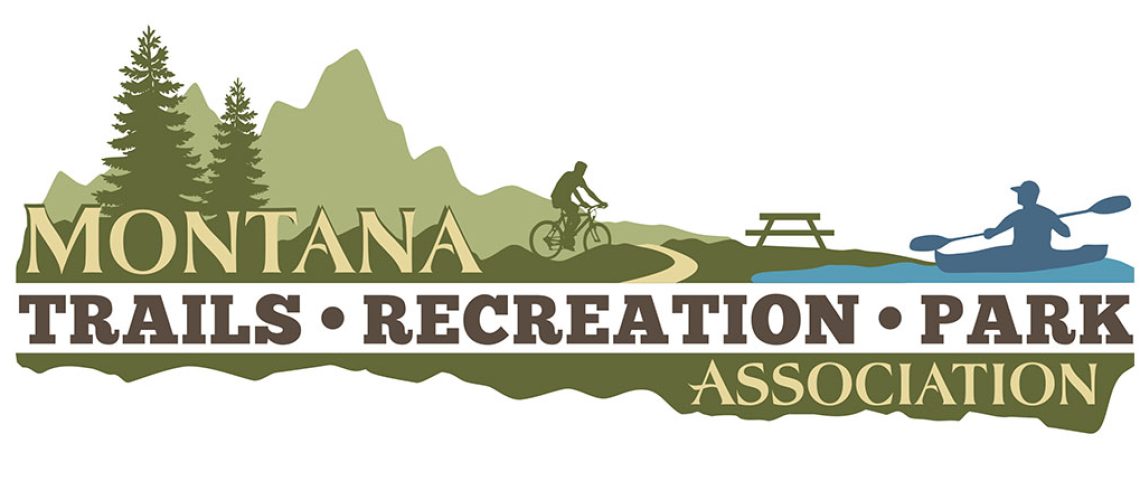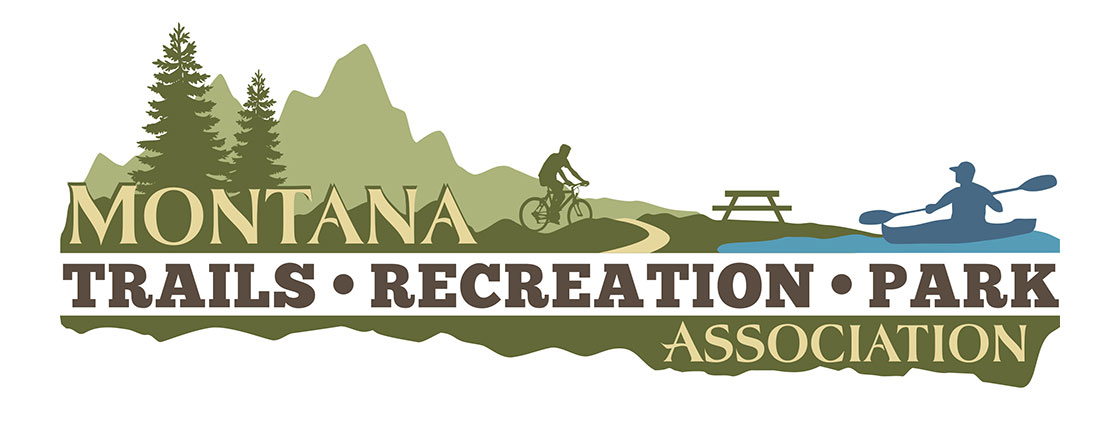TO: Parks and Recreation Friends Groups
FROM: Bob Walker, Montana Trails Coalition and Montana Trails, Recreation & Parks Association
DATE: February 13, 2021
** EDIT:
detail of current bills, look to HB 281, the E-bike bill. In a prior bill, the following condition was included as 5(d) and said, “A local authority or state agency having jurisdiction over a trail described may regulate the use of an electrically assisted bicycle on a trail that is specifically designated as non-motorized and that has a natural surface tread that is made by clearing and grading the native soil with no added surfacing materials. A local authority or state agency having jurisdiction over a trail described in 5(d) may regulate the use of an electrically assisted bicycle on that trail.”
In the amended HB 281 currently before the House, 5(d) no longer is included. I suggest you look at the current HB 281 and draw your own conclusions. Sorry for my oversight.
Your Montana Trails Coalition and Montana Trails, Recreation and Parks Association keeps you informed and up-to-date about bills in the legislature that affect recreation and parks programs.
NOTE: SB means Senate bill, HB means House of Representatives bill, LC means a bill draft request has been submitted to Legislative Services.
NOTE: Transmittal date is March 3 which means general bills must be transmitted to the other chamber from which they originated, and is the last day to request appropriation bills.
RECREATION
HB 2 (Representative Jones): This bill covers requested appropriations for operations for all state government including Fish, Wildlife & Parks (FWP) and State Parks. Included is the state Snowmobile Grant Program and equipment purchase. Heard February 9, Joint Appropriations Subcommittee, Natural Resources & Transportation.
HB 5 (Representative Jones): Includes requested appropriations for capital projects for state government including FWP and state parks. Included are recreation and trail grant programs including Recreational Trails Program, Montana Trail Stewardship Grant Program, OHV Grant programs, Land & Water Conservation Fund. Heard February 2, Joint Appropriations Subcommittee.
NOTE: Governor Gianforte released an operating budget asking lawmakers to divert all future revenue from recreational marijuana sales away from public trail grant programs, state parks maintenance, and the Habitat Montana program which enhances outdoor access and protects working farms and ranches. This use of these funds was approved in November by the majority of voters in ballot initiative 190. Governor Gianforte proposal for the use of these funds include:
Substance abuse: $12 million = 66.67%
General Fund: $6 million = 33.33%
Initiative I 190, voted on and approved by the public, would distribute the funds as follows:
Habitat Montana: 37.125% (conservation easements, block management, fee title purchase, fishing access sites)
State General Fund: 10.5%
Substance Abuse Services, Veterans Services, Senior & Disability Services, Local Governments: 10% each
State Parks, Trail Stewardship Grant Program, Nongame wildlife: 4.125 % each
We will keep you posted on the future of these funds!
HB 184 (Representative Loge): Would revise bicycle safety laws including the wearing of high visibility colors, ride on the right had half of the right lane, illuminated lamps, 5’ safe passing distance. Passed 3rd reading on House Floor February 4, transmitted to Senate, Highways and Transportation Committee.
HB 272 (Representative Stromswold): Would allow a person to register a vehicle for up to 5 years. Could have a negative impact on $9 optional fees collected for State Parks operation and maintenance, Trail Enhancement Grant Program, Fishing Access sites, and specialty license plates that partially fund non-profit organizations. Passed House Transportation Committee February 10.
HB 281 (Representative Gunderson): Revise laws related to bicycles, especially E-bikes. Passed House Transportation Committee with many amendments February 10, scheduled for 2nd reading on House floor February 15.
Includes the description of the three classes of electrically assisted bicycles.
An electrically assisted bicycle must operate in a manner so that the electric motor is disengaged or ceases to function when the rider stops pedaling or when the brakes are applied. No person under 16 years of age may operate a class 3 electrically assisted bicycle but may ride as a passenger on a class 3 that is designed to accommodate passengers.
An electrically assisted bicycle may be ridden, with the motor in operation, in places where bicycles that are solely human-powered are allowed, including but not limited to streets, highways, roadways, bicycle lanes, and bicycle or shared-use paths.
A local authority or state agency having jurisdiction over a bicycle or shared-use path may prohibit the motorized operation of a class 1 or class 2 electrically assisted bicycle on that path if it finds that a restriction is needed for safety reasons or compliance with other laws or legal obligations.
A local authority or state agency having jurisdiction over a bicycle or shared use path may prohibit the motorized operation of a class 3 electricity assisted bicycle on that path.
A local authority or state agency having jurisdiction over a trail described may regulate the use of an electrically assisted bicycle on a trail that is specifically designated as non-motorized and that has a natural surface tread that is made by clearing and grading the native soil with no added surfacing materials.
HB 352 (Representative Hinkle): Would require public access as part of conservation easements that use public funds. Hearing February 16, House Fish, Wildlife and Parks committee.
SB 38 (Senator Gauthier): Would revise the Summer Motorized Grant Program to allow safety and ethics education grants, rename the snowmobile trail pass to the winter trail pass and include dog sleds. Passed Senate February 1. Passed House Fish Wildlife & Parks Committee with amendments February 11.
SB 115 (Representative Regier): Would clarify the approval process for land-related acquisitions by the department of fish, wildlife, and parks; requiring certain easements to be approved by the board of land commissioners. Passed Senate February 3, heard in house fish wildlife & parks committee February 9.
SJ 5 (Senator Webber): Joint resolution urging the National Park Service to include Sacagawea on signs for the Lewis & Clark Trail. Referred to Senate State Administration Committee. Hearing February 17, 3:00 PM, Senate State Administration Committee.
LC 773 (Representative Loge): Draft on hold. Would establish and require a $20 per biennium summer recreational trail pass for bicycles on public highways, shared use paths and other trails.
LC 1836 (Representative Olsen): Would revise bicycle laws and allowing a bicyclist to treat a stop sign like a yield sign. Draft available.
LC 2587 (Representative Kerns): Would require the department of transportation to adopt administrative rules defining and specifying standards for designated bicycle lanes and bicycle routes. Draft available.
LC 3290 (Representative Marler): Joint resolution that the Montana Legislature proclaims the recognition of the Montana Trail 406 and its positive impact utilizing Montana’s unique outdoor recreational opportunities and its beneficial influence on local economies and recognize benefits of connected trail networks across Montana. Draft available.
PARKS
HB 2 and HB 5: See comments under Recreation.
HB 102 (Representative Berglee): Would revise current gun laws and concealed carry locations. Some parks and recreation districts/agencies/communities/universities currently have special ordinances/rules that control the carry of firearms. This bill will eliminate most of those. Passed House January 14, passed Senate February 5, transmitted to Governor.
SB 77 (Senator McGilvray): Would revise special districts finance including parks and trail districts, transportation districts, safety districts to make it easier for a district to be dissolved but creating problems for long term funding, assessments, bonding. Tabled in Senate Taxation Committee February 12.
SB 153 (Senator Welborn): Would transfer administration of fishing access sites and administration of recreational and commercial use of wildlife management areas to the state parks and recreation board; requiring two board members to be business owners; revising enforcement provisions; revising requirements for construction project approval; requiring improvements at fishing access sites to be reviewed for habitat impacts; revising rulemaking authority; requiring purchase of a wildlife conservation license for certain land use and decreasing its price. Assigned to Senate Natural Resources Committee.



